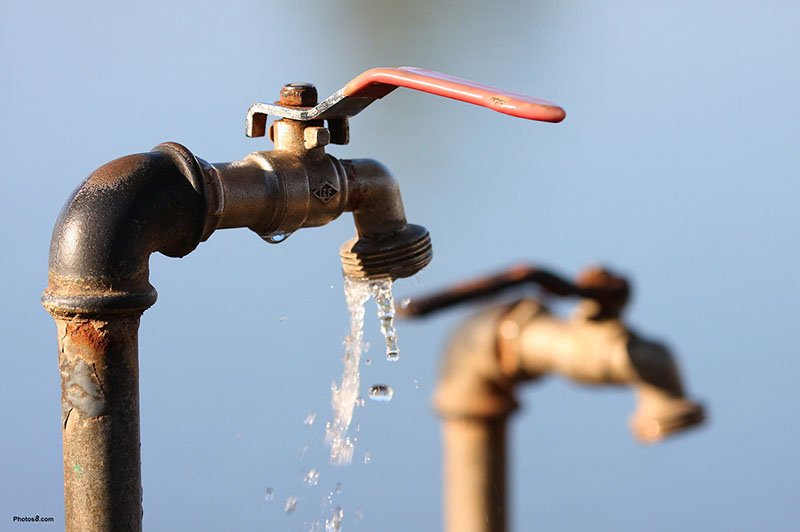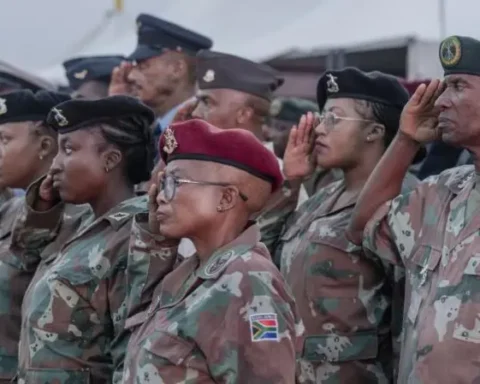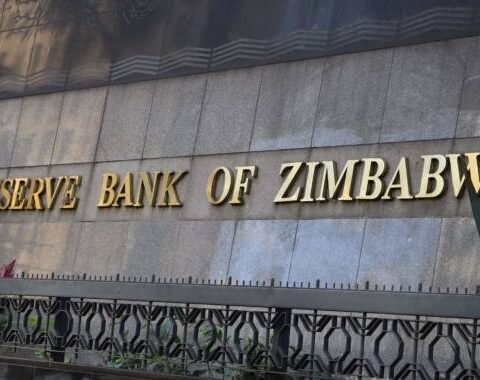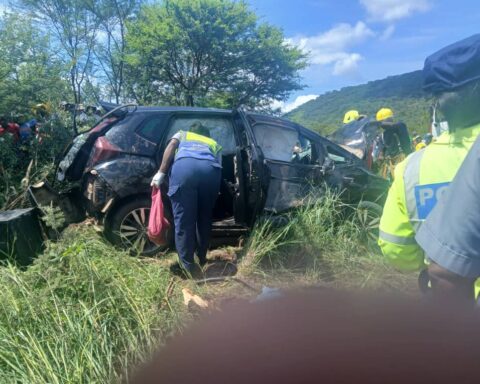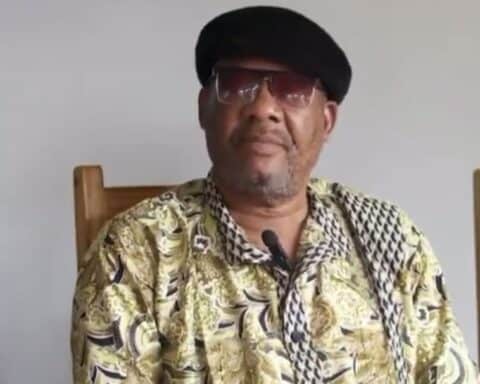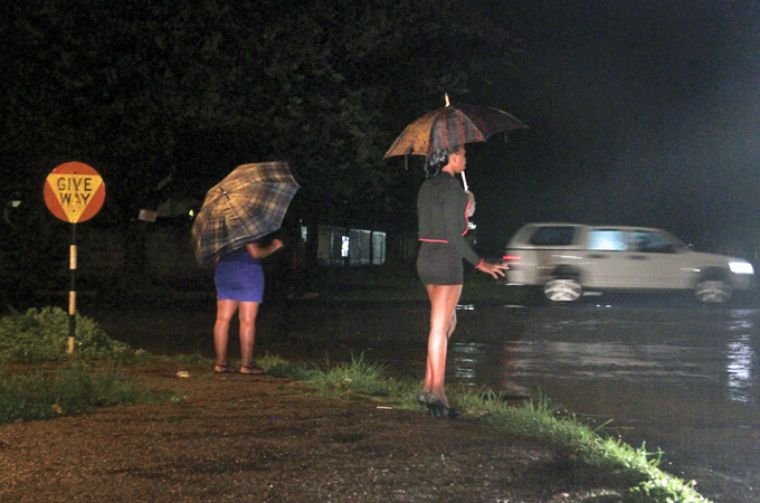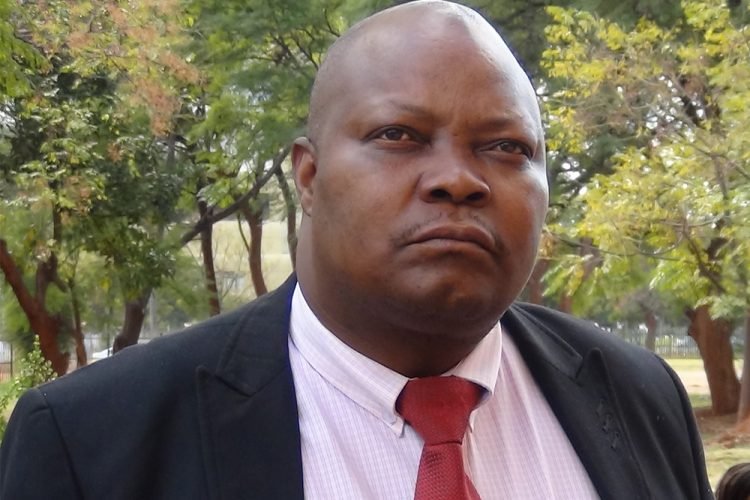Bulawayo, Zimbabwe’s second-largest city, is set to increase water restrictions to almost 5.5 days a week as it grapples with the worst drought in 40 years.
The city of 700,000 residents has been forced to close a third of its six supply reservoirs, exacerbating an already critical water shortage situation.
According to Sikhangele Zhou, the acting town clerk, the new restrictions will come into effect on Wednesday, extending water cuts from 120 hours to 130 hours per week. This dramatic measure will primarily affect residential areas, while industry and the central business district will face less severe rationing.
The extended water cuts are a direct result of the severe drought that has gripped the region, attributed to the El Nino weather phenomenon. This drought, considered the worst in four decades, has significantly depleted water resources, forcing authorities to take drastic measures.
Bulawayo has been battling acute water shortages for years, but the situation has worsened dramatically due to last season’s drought. The city’s water infrastructure, already under strain, is struggling to meet the needs of its growing population.
While the current situation is dire, there is a glimmer of hope on the horizon. Seasonal rains are expected to begin next month, which could provide some relief to the parched region. However, it remains to be seen whether these rains will be sufficient to replenish the city’s dwindling water supplies.
The extended water cuts are likely to have a significant impact on daily life in Bulawayo, affecting everything from household routines to business operations. Residents and businesses alike will need to adapt to these new restrictions and find ways to conserve water more effectively.
As Bulawayo continues to grapple with this water crisis, questions arise about long-term solutions to the city’s water problems and the broader impacts of climate change on Zimbabwe’s water security.
